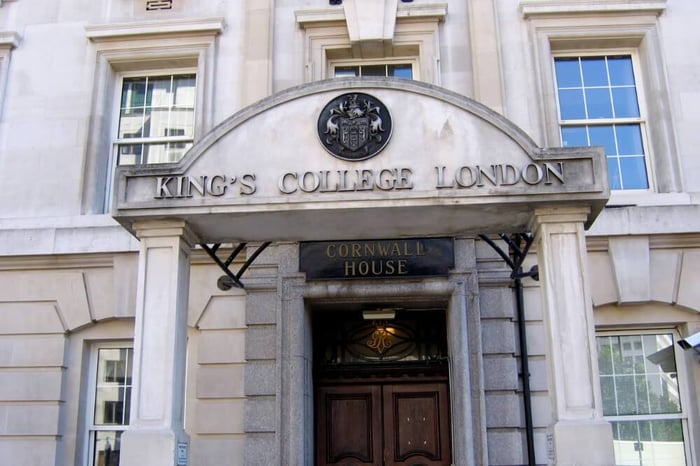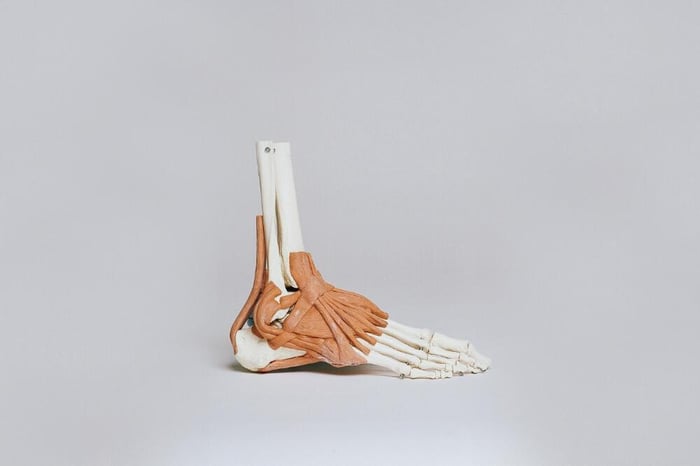
Three Books to Read Before Medical School Interview
On your medical school application, it is important to show that you have a good insight into the subject as proof of your motivation to study medicine. Reading around allows you to find areas of interest. You could mention a book in your personal statement, and it can form a really good discussion point in the interview. In this blog post, we introduce you to three books which we think are a good read and suitable for your medical school application. However, it is important to note that there are so many options to choose from. Choose a book that covers a topic you are truly interested in, as you will find it easier to discuss with your interviewer.

1. "Being Mortal" - Atul Gawande
This non-fiction book by Atul Gawande explores terminal illness, care for the elderly, and hospice care. On Gawande’s website, it describes itself as a book that ‘has the potential to change medicine - and lives’. It follows a number of patients both close to Gawande and those who he came across on the way. It mainly focuses on the system in the United States, however, this does have many parallels with the system in the UK. The book offers a deep insight into how both patients, clinicians and other healthcare professionals manage and respond to terminal illness.
Throughout the book, Gawande argues that regarding ageing and death, medicine is not where it should be, and is perhaps managing the situation incorrectly. Doctors often give false hope to patients due to their inability to discuss death. This is counter-productive, with patients living shorter lives than they would have otherwise.
Gawande published this book to encourage some kind of reformation. It examines the value that society gives to the last phase of life, which is becoming increasingly medicalised. These days, some doctors have been perceiving that life is curable, and old age does not necessarily mean death. However, this can cause patients to become distressed and the last days, weeks and months of life are less valuable. Through the stories he delivers, Gawande asks the medical profession to place less value on science and more on making the end of life care meaningful and fulfilling.
In the book, Gawande follows a number of people involved with dealing with the elderly. This includes a geriatrician in a clinic, a hospice nurse, and managers at a number of revolutionary nursing homes. He balances the positives and negatives of different types of accommodation arrangements for the elderly: with family, in care homes, assisted living facilities and more. Gawande discusses all aspects of caring for the elderly and those with a terminal illness, from the hard conversations to letting go. He discusses topics of courage, encouraging dependence, allowing assistance and more.

2. "Medical School Interview Book" - theMSAG
theMSAG’s application guidebook, aimed at prospective medical students, covers the medical school interview. The Medical School Interview Book guides applicants through the different styles of interviews and the possible questions that may come up.
The book teaches students how to approach different types of interview questions. This includes questions on data interpretation, articles, calculation, pictures, medical ethics, NHS hot topics, the role of a doctor, and providing examples. It is an extremely valuable resource that has been written by a number of experts in the field.
The book includes sample answers which have been successful. It encourages students to formulate their own answers based on their experiences thus far. There are pointers to guide you in the right direction.

3. "The Man Who Mistook His Wife for a Hat" - Oliver Sacks
Oliver Sacks became one of the world’s leading neurologists and has since published a number of books on the brain. Sack’s 1985 book, "The Man Who Mistook His Wife for a Hat", describes the case histories of a number of patients he saw during his time as a neurologist. The book is split into four sections: losses, excesses, transports, and 'the world of simple'. Each section explores a particular brain function and is composed of a number of short essays detailing clinical manifestations. Throughout the book, Sacks also draws on theories from fellow neurologists and psychologists, such as A.R. Luria and Sigmund Freud.
The first part explores what happens when a lesion occurs, resulting in a deficit in brain function. This section includes the case mentioned in the title of the book, that of Dr P. Doctor P becomes unable to tell the difference between his wife’s face and a hat. This is known as prosopagnosia, which typically presents following a lesion to the fusiform gyrus. It is quite eye-opening to realise that the brain is so specialised. Another patient, Christina, 'the disembodied lady', loses the ability to sense her own body, known as proprioception. She was a young lady who could then only move body parts that were visible to her.
This is a good book to dip in and out of, as the cases are all presented separately. If you find you don’t have time to read the whole thing, it is certainly worth reading some of the cases. It is praised by critics for the manner in which it approaches psychological disorders. Sacks presents them in an extremely positive light, perhaps searching for some kind of shift in people’s perception.
We recommend that you ensure that if mentioning a book in your personal statement you read it in full, and make notes of some key points you wish to discuss. We hope that these books to read for medical school interviews was helpful in your medical school application preparation. If you have any questions or would like more advice, email us at [email protected].



